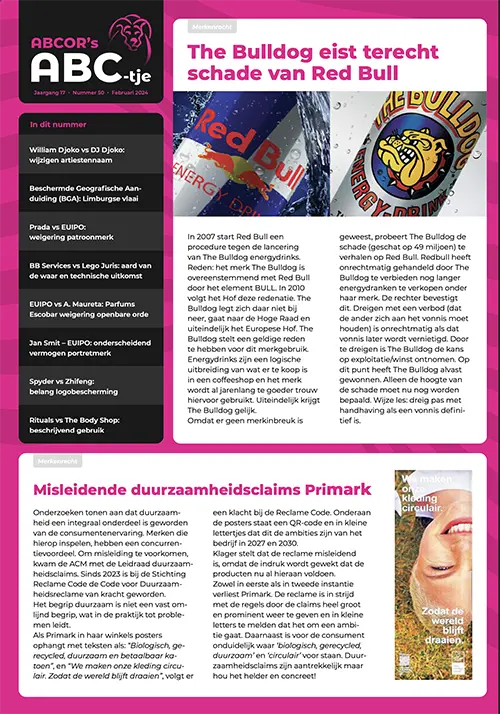However, given that an online advertisement is visible globally, does this mean that the infringement occurs worldwide as well? Can a plaintiff then choose any country to initiate a lawsuit? Over the past decade, the European Court of Justice has deliberated on this issue several times, specifically addressing the question of where the damage occurs/where the infringement takes place.
In the AMS Neve ruling, the Court decided that it is not only the country where the infringing company offers the goods for sale or where subsequent actions take place (such as uploading the advertisements or the location of the server), but also the country where the target audience resides, which the advertisement aims at. This could be a different country from where the company is based or where the server is located.
However, this is not the end of the story. The Court had to rule again on the question of when advertisements/marketing activities are aimed at a target audience in another country. This case involves the Finnish company Lännen, which sells dredging machines under the WATERMASTER trademark. The company has registered the WATERMASTER name as a wordmark in the European Union.
Two competitors are using the WATERMASTER brand in their online marketing to promote their own (competing) products as alternatives. Lännen claims this is infringement. A lawsuit is initiated in Finnish court, raising the question of whether this court has jurisdiction to decide on the matter.
Lännen argues that the Finnish court is competent because the advertisements are visible to Finnish consumers. There are two different advertisements involved. Sencwater (one of the competitors) uses the WATERMASTER brand as a keyword to display paid advertisements on the Finnish top-level domain of Google (on
Sencwater argues that the court is not competent because the marketing activities are not aimed at Finland. The goods are not offered for sale in Finland. It’s not about where an advertisement can be seen, but whether the content of that advertisement has a connection with that country. In this case, the map on Sencwater’s website clearly shows that Finland is excluded, so it is not a sales market. Therefore, the Finnish court is not competent.
The other party is Berky, a sister company of Sencwater. Lännen claims Berky is also infringing because on Flickr (a photo-sharing platform), they tag images of Berky machines with “Watermaster.” Consumers searching for ‘Watermaster amphibious dredger’ on Google.fi see an image of the Berky machine with a link to the Flickr image. Lännen argues that this gives the Finnish court jurisdiction. Berky disputes this, stating that because it is a global platform, not every court worldwide has jurisdiction.
Indicators to determine whether activities are aimed at consumers in a particular member state include:
- Using a language different from the country where the infringer is based.
- Using a currency different from that typically used in the place where the advertiser is based.
- Listing a phone number with an international dial code.
- • Spending on search engine advertising services to reach consumers in other member states.
- Using a different top-level domain (than where the business is based).
It’s important to note that this list is not exhaustive. The fact that a website is accessible in another country is not sufficient to claim that the advertisement is intended for sales to consumers in that country. There must be a sufficiently close connection with the member state.
This connection exists with Sencwater’s actions. Sencwater does not explicitly exclude Finland from its business activities on its website. In this case, other elements can be considered, such as:
- The budget for online advertisements on
to give Finnish consumers easy access to the website. - The use of a different top-level domain than where the company is based.
In this case, the Court decides that there is an “active conduct” by the infringer. Sencwater buys keywords in Finland to show its advertisements (a link to its website) to the Finnish market. Thus, the Finnish court has jurisdiction.
Regarding the infringement via the Flickr.com photo platform, the situation is different. This involves natural search results, not paid references (like AdWords). The top-level domain of this platform <.com> is not specifically targeted at any country. Metatags are used from an advertising perspective to help search engines find/show the image/advertisement more quickly. Therefore, the Finnish court does not have jurisdiction in this case.

